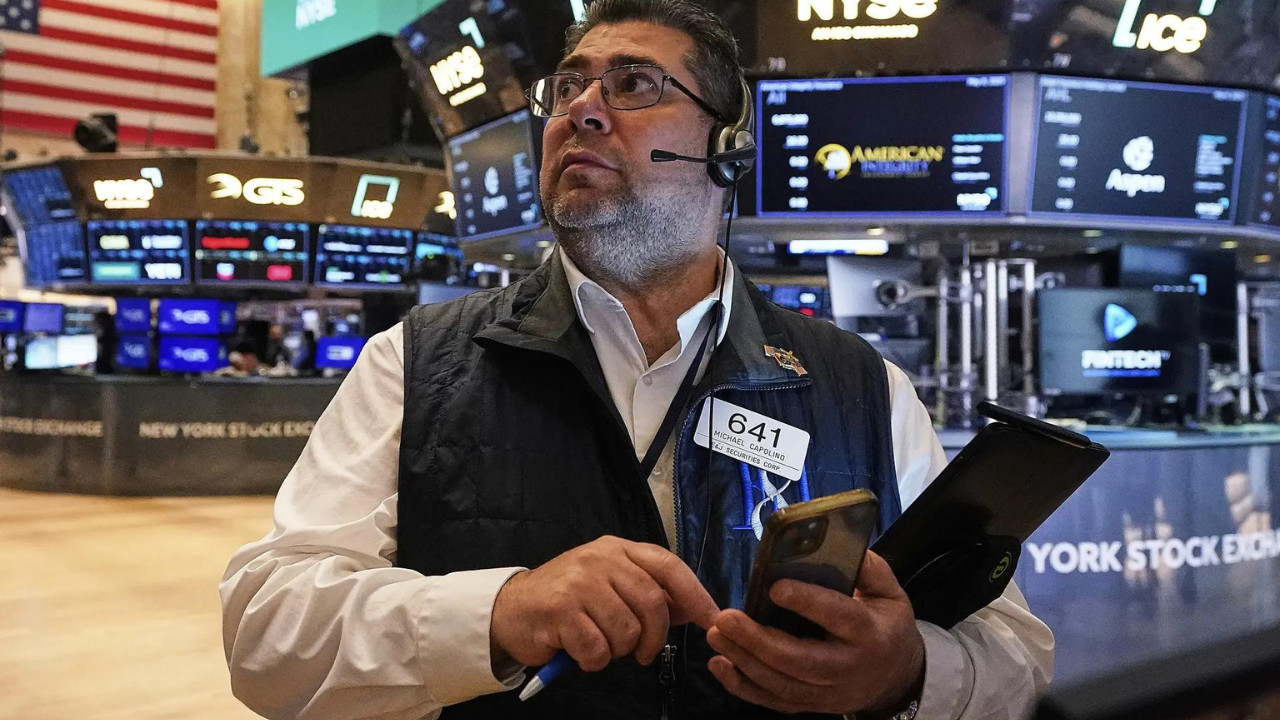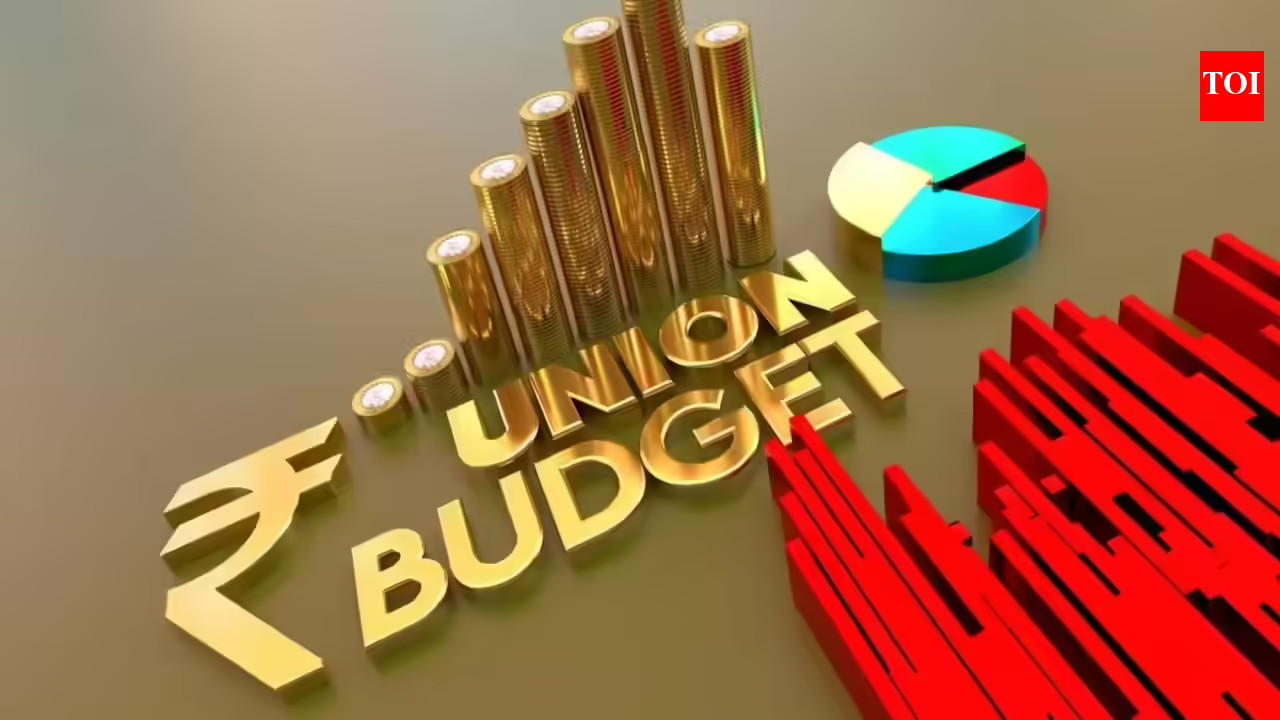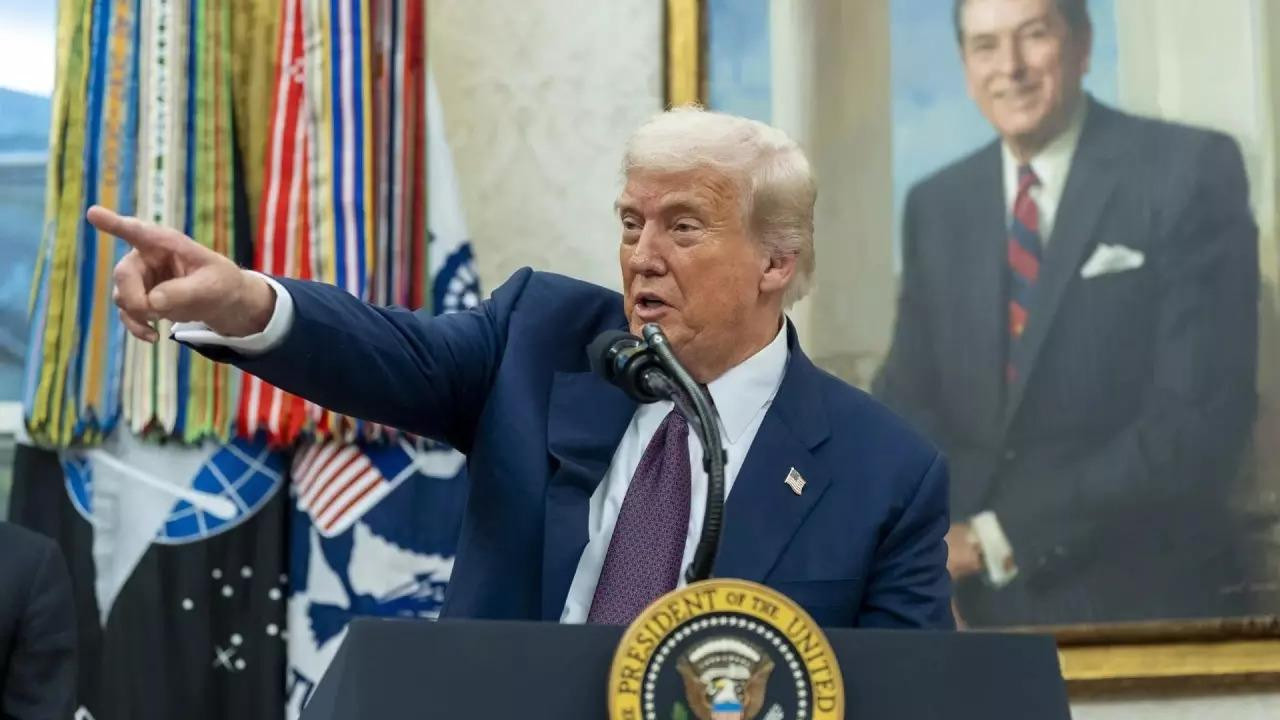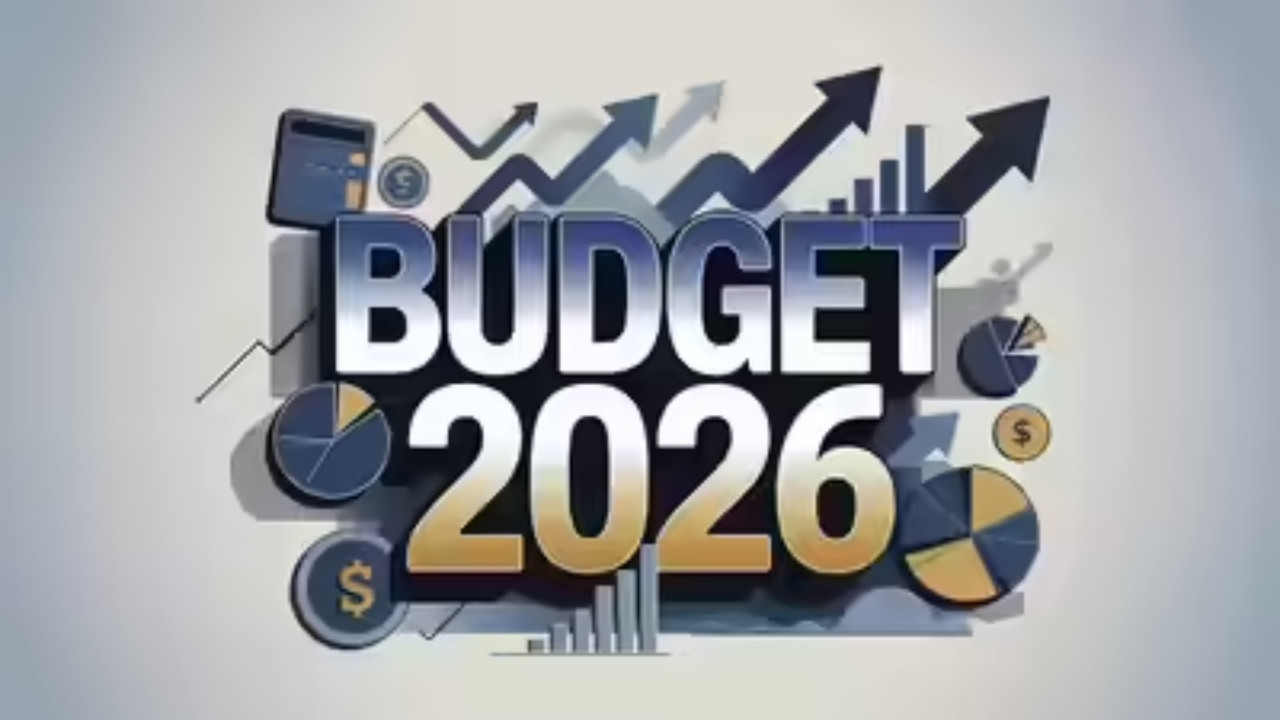US stocks tumbled after Donald Trump threatened to impose 50% tariffs on the EU, sparking fears of a global trade war. The S&P 500 experienced its worst week in two months, while European markets also suffered. Apple and retailers like Deckers and Ross Stores were particularly affected, with some withholding financial guidance due to trade policy uncertainty.
Wall Street Wobbles: Is Trump’s Tariff Talk Sparking a Global Tumble?
Okay, buckle up, folks, because Wall Street just took a bit of a tumble. We’re not talking a graceful pirouette here; think more of a clumsy trip over a forgotten cord. The Dow Jones, the Nasdaq, the S&P 500 – all dipped, and dipped noticeably. And while market dips are as common as coffee breaks in a trading room, the reason behind this particular downturn is causing a little more furrowing of brows than usual.
The ghost in the machine, it seems, is Donald Trump. Yes, you read that right. His recent comments regarding potential tariffs on European goods have sent a ripple of unease, dare I say, outright fear, through the global market. Remember those trade wars from a few years back? The constant back-and-forth, the threats, the actual tariffs… it wasn’t exactly a recipe for a calm and predictable investment environment. And that memory, apparently, is still pretty fresh in investors’ minds.
Trump, in a recent interview, floated the idea of slapping tariffs on EU imports, particularly targeting sectors like agriculture. This isn’t entirely new territory. The EU and the US have been locked in a low-simmering trade spat over everything from steel and aluminum to digital taxes for quite some time. However, this renewed focus, amplified by Trump’s signature bluntness, feels like throwing gasoline onto embers.
Why the fuss? Well, tariffs are essentially taxes on imported goods. They make those goods more expensive for consumers and businesses alike. This, in turn, can stifle demand, disrupt supply chains, and ultimately, slow down economic growth. When you’re dealing with massive economies like the US and the EU, even the threat of significant tariffs can send shivers down spines. Uncertainty is kryptonite to investors.
And let’s be honest, the global economy isn’t exactly firing on all cylinders right now. We’re still navigating the lingering effects of the pandemic, battling inflation (which, thankfully, seems to be cooling off a bit), and facing geopolitical instability in various corners of the world. Adding a hefty dose of trade war anxiety to that cocktail? Not exactly what anyone ordered.
Apple, a bellwether of the market if ever there was one, also took a hit. While the article doesn’t specifically detail the reason beyond the broader market downturn, it’s not difficult to connect the dots. Apple relies heavily on global supply chains and international sales. A trade war that disrupts those supply chains or dampens consumer demand in Europe would directly impact their bottom line. Their stock performance often reflects the perceived health of the global economy. When Apple wobbles, people pay attention.
So, what happens next? That’s the million-dollar question, isn’t it? Will Trump’s tariff talk remain just that – talk? Or will it escalate into a full-blown trade war redux? That’s what everyone is trying to figure out. The markets hate uncertainty, and right now, uncertainty is the name of the game.
Frankly, history offers a cautionary tale. Trade wars are rarely beneficial in the long run. They often lead to retaliatory measures, increased costs for consumers, and damage to international relationships. They create winners and losers, but more often than not, the “winners” win a pyrrhic victory, achieving gains at a high cost.
The silver lining? Markets have a tendency to overreact to news, both positive and negative. This initial dip might be a knee-jerk reaction to the perceived threat. Perhaps cooler heads will prevail, and the EU and the US will find a way to de-escalate the situation. Perhaps this is just posturing, a negotiating tactic designed to gain leverage.
For the average investor, now might be a good time to take a deep breath and resist the urge to make any rash decisions. Panicking and selling off your holdings in a downturn rarely ends well. Instead, consider revisiting your investment strategy, ensuring it aligns with your long-term goals, and perhaps even consulting with a financial advisor.
📬 Stay informed — follow us for more insightful updates!







